Every product promises to make your life at home easier and more comfortable. But behind these marketing messages are avoidable dangers to your pocket, environment, and health. Due to this, we have compiled 18 items to stop buying at home today.
Oven Cleaners
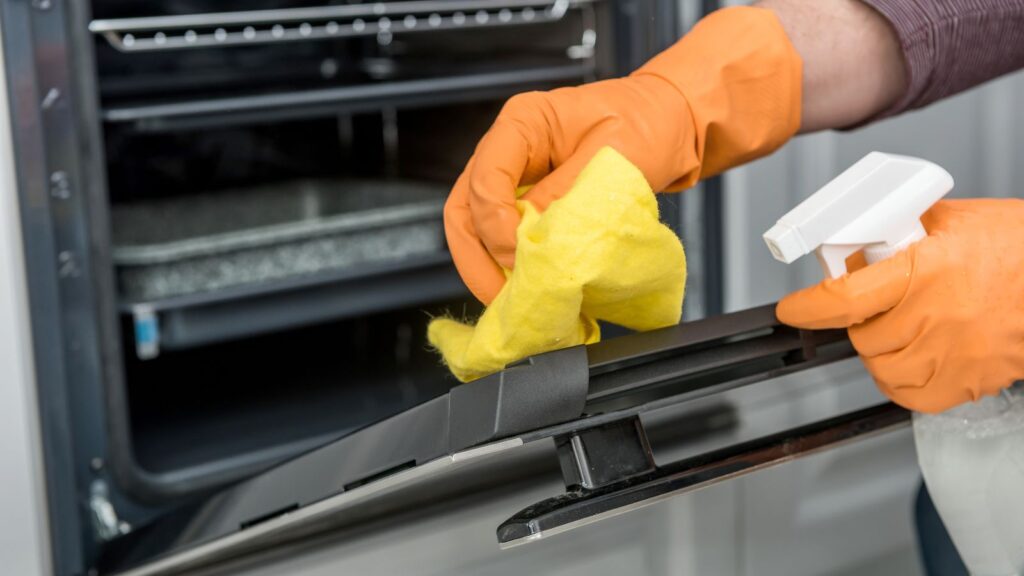
We know how difficult it is to remove grime from your oven and how cleaning products seem to be the best solution. Sadly, they contain hazardous chemicals that put you in danger when the right precautions aren’t taken. You achieve the same clean results as oven cleaners with a pasty mixture of water, baking soda, and vinegar.
Branded Floor Cleaners
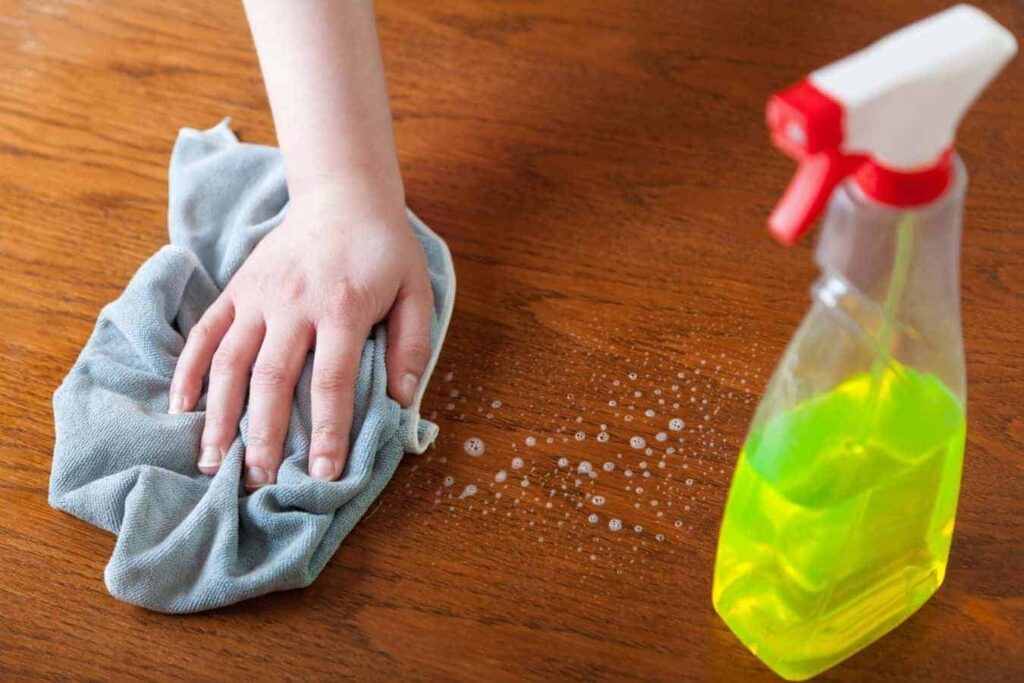
Cleaners keep your floors free of germs and get them looking sparkling clean. So, we can’t tell you not to buy them. But when it comes to branded floor cleaners, you’re spending unnecessary money on a job that’s perfectly done with cheaper store-brand or homemade alternatives. CBS even reports that some branded cleaners are toxic to your health.
Detergent Pods
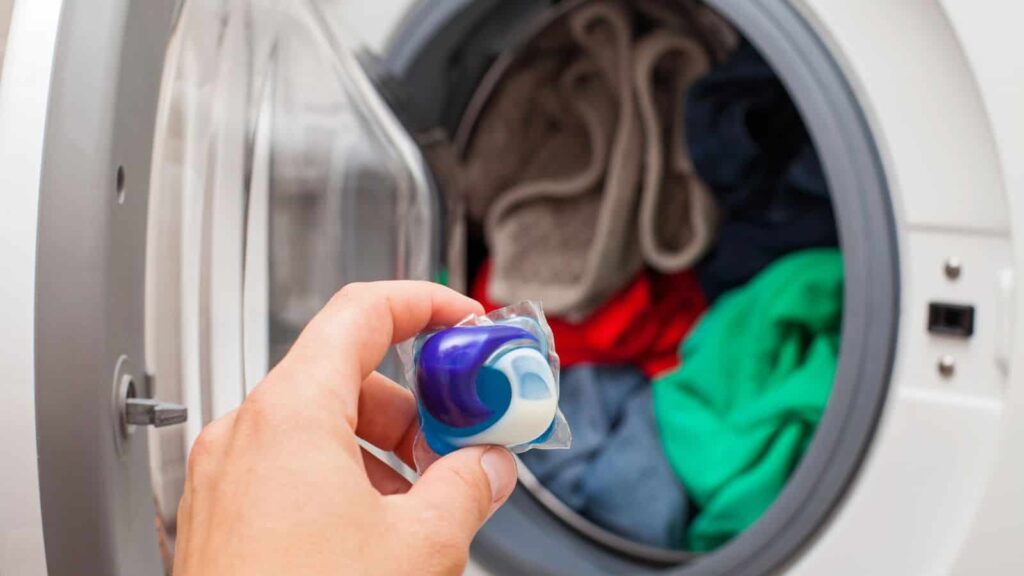
Compared to the benefits of powdered detergents, laundry pods offer you only more convenience and nothing else. They’re more expensive, work less effectively on stronger stains from oil and mud, and sometimes can contain too little or excess cleaning power for the load of laundry you want to wash.
Paper Towels
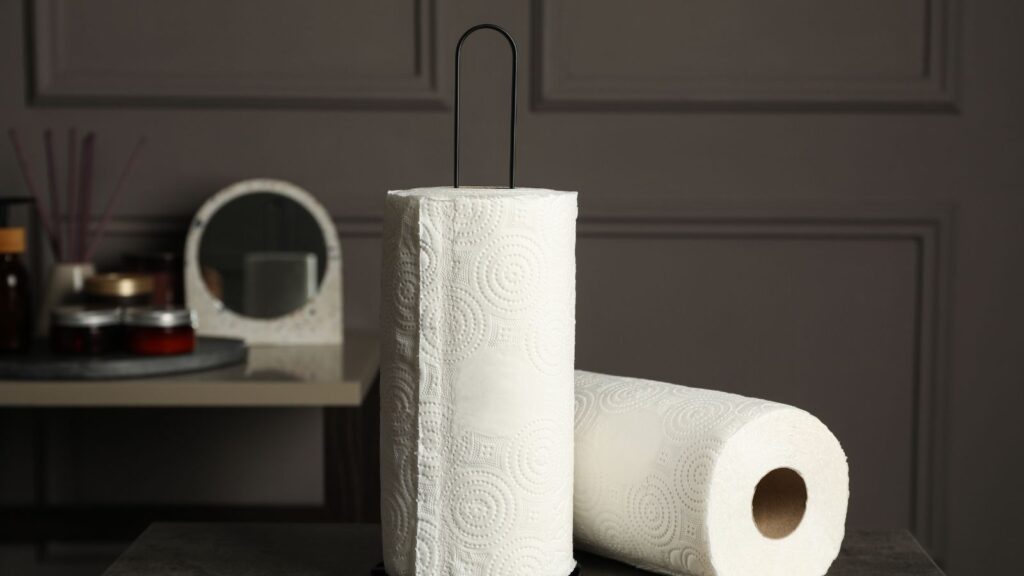
Rather than buying paper towels every week or month, just get yourself a cloth rag that you can wash over and over again. Paper towels get expensive in the long run, and if you’re big on environmentally friendly products, they’re non-recyclable as well due to bacteria on them.
Styrofoam Plates and Cups
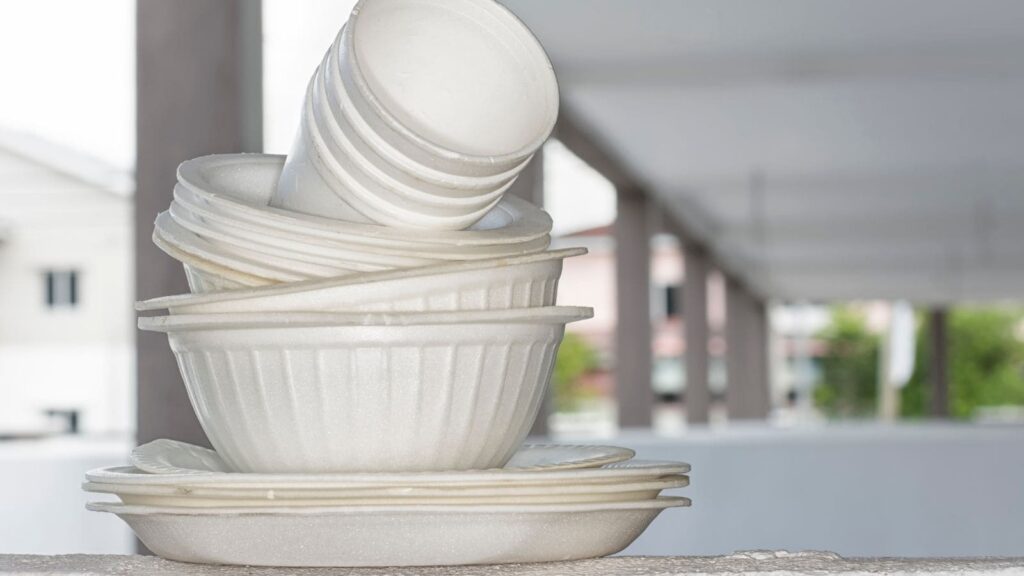
Lastly, you’d want to avoid plates and cups made from polystyrene materials. An NLM study confirms that styrene has carcinogenic properties. And, while they’re safe with cold, solid items, heating styrofoam up could cause toxic compounds to seep into your food.
Toilet Deodorants
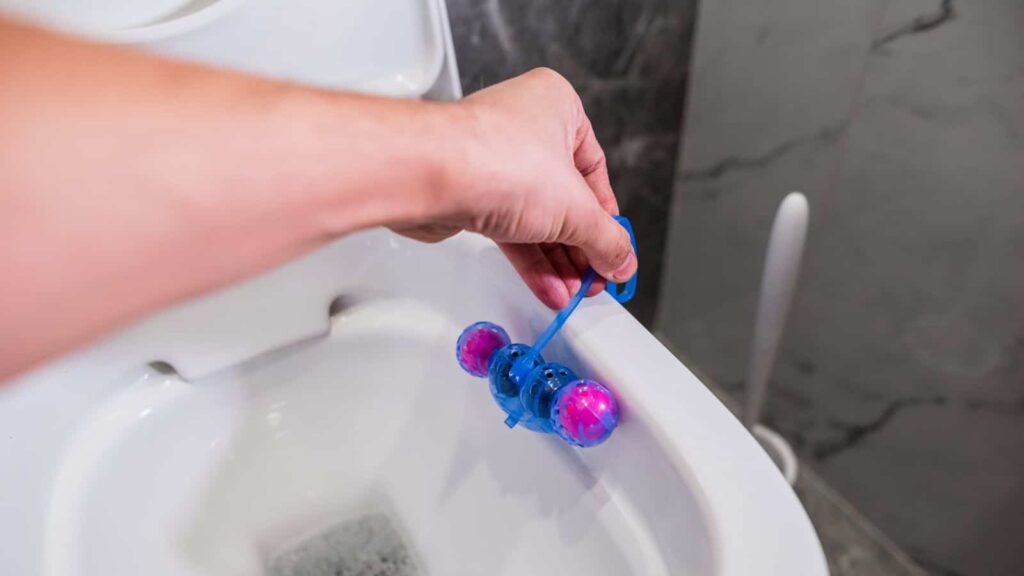
Those deodorizing blocks you throw into your restroom may leave it smelling nice and clean. However, they typically have active ingredients known to cause damage to your lungs, stomach, and liver. For a safer, cheaper alternative, wipe your toilets clean with vinegar mixed with lemon, and include perfume oils for some nice scents.
Plastic Cutlery
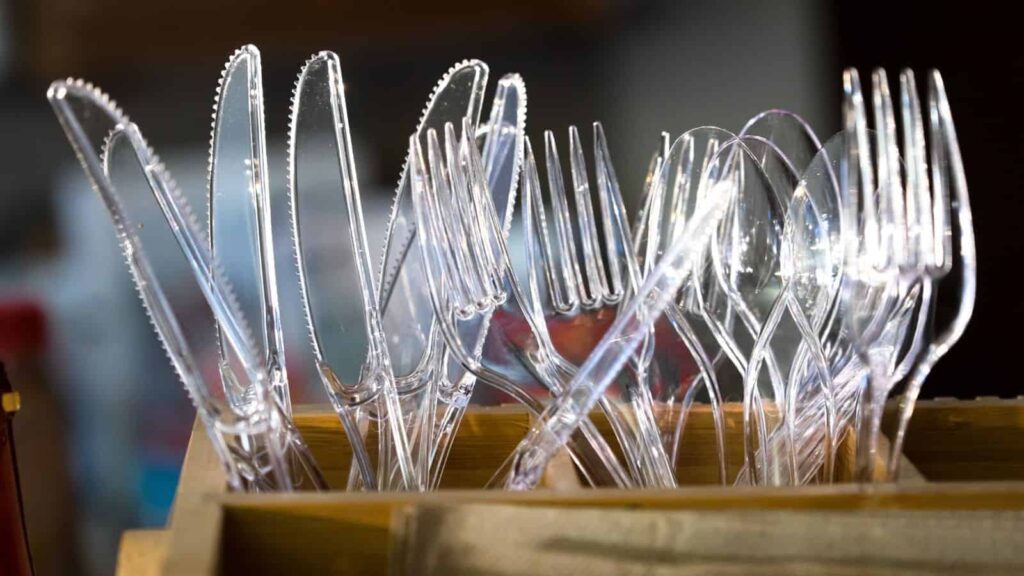
Stainless steel cutlery from the dollar store is stronger, will serve you longer, and, hence, is cheaper than the plastic cutlery you use and throw out the next minute. And as Forbes explains, it’s “one of those items that won’t get recycled even when you put it in the recycling. It’s too contaminated.”
Disposable Batteries
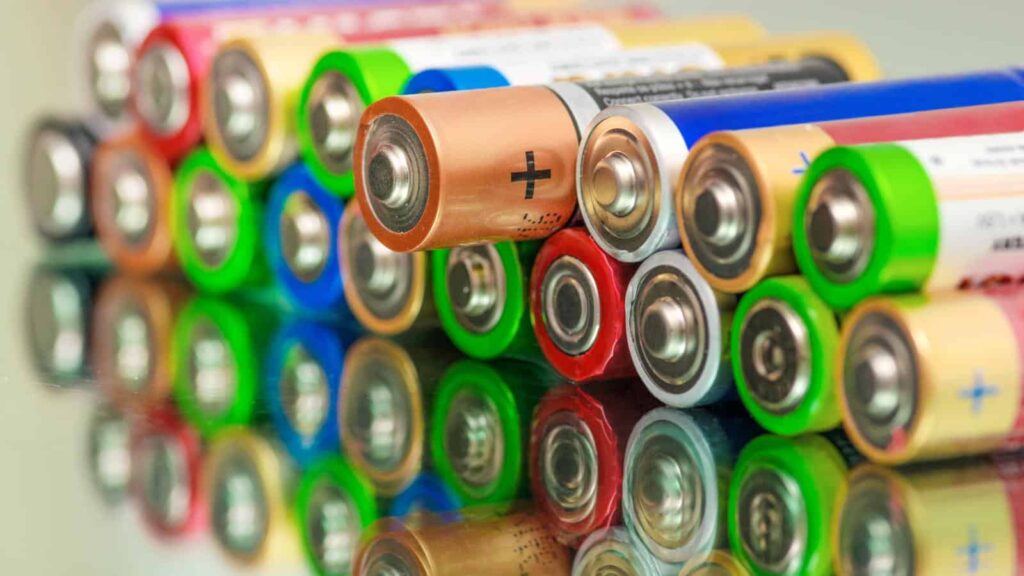
Disposable batteries may be a little cheaper—and last longer—than their reusable counterparts. But these are just short-term benefits that cost you a lot of money when you keep buying more. What’s more, these batteries can be toxic to you and the environment when thrown away improperly, making them unsafe for your health too.
Synthetic Dish Sponges
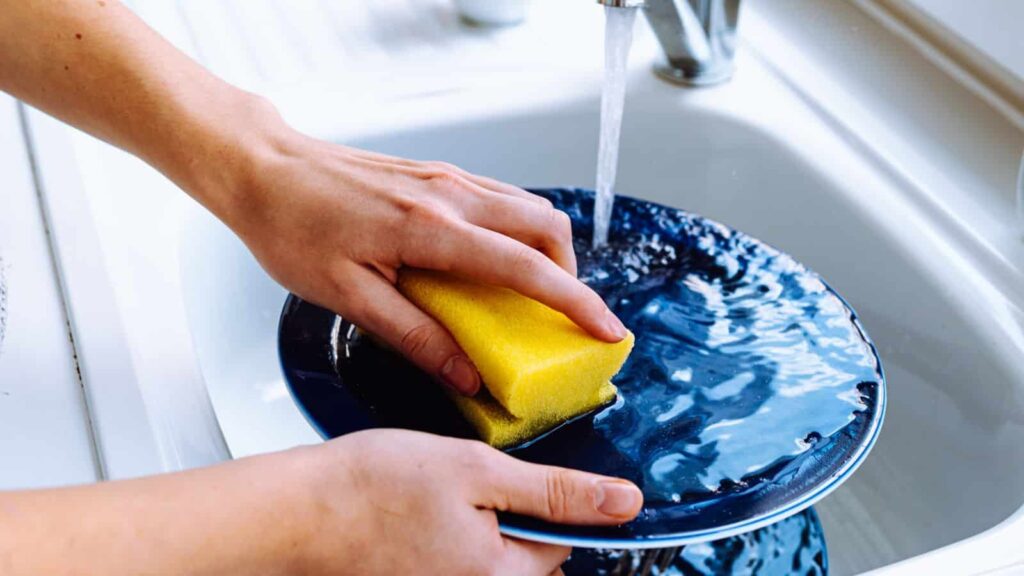
Sponges made of polyester and polyurethane aren’t just bad for the environment; they also fall apart while in use, and a ScienceDirect study shares that “microplastics and nanoplastics can be released from dish sponges in the kitchen.” Of all the alternatives available, dish brushes prove to be the best.
Fabric Softeners
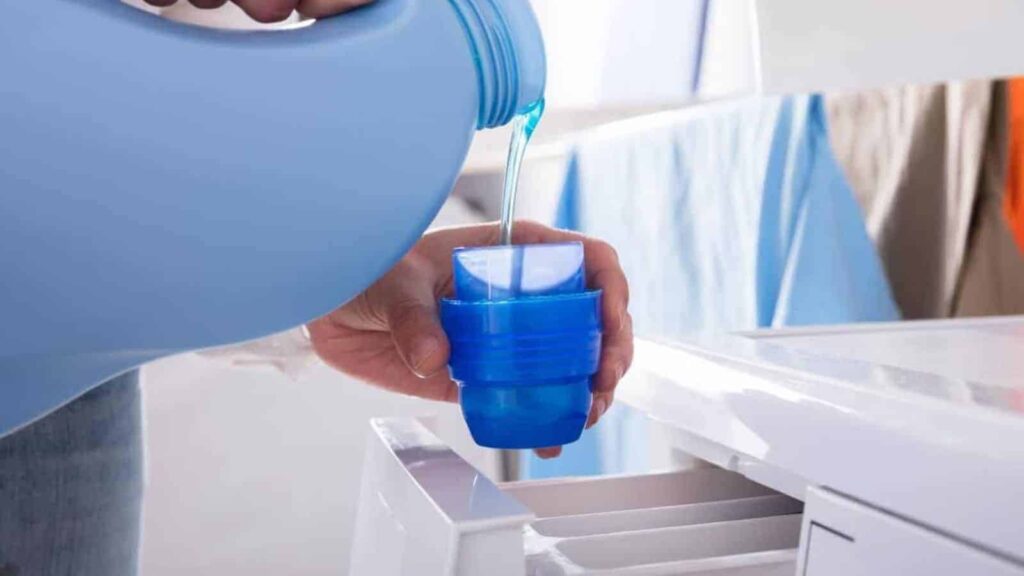
Fabric softeners don’t add any value to your laundry cycles other than making your clothes feel softer on your hands. And this makes them not worth the risk of your fabrics getting stained, fading off, or losing their moisture absorption qualities. Fabric softeners can also reduce the flame-resistance abilities of your apparel.
Disposable Razors
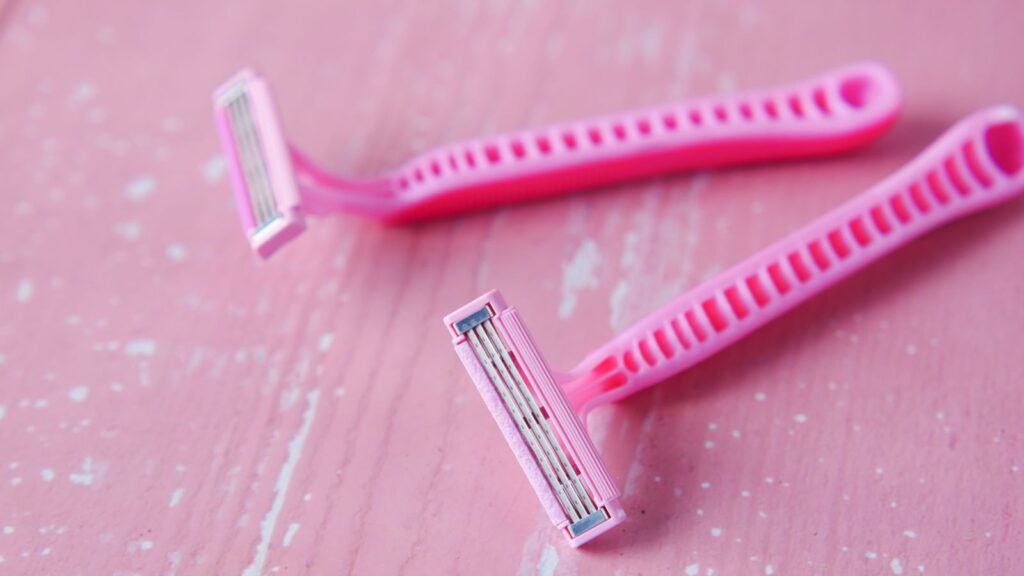
You shouldn’t be surprised to learn that disposable razors—which you’re meant to throw away almost immediately after use—come with low-quality blades. This single factor makes reusable alternatives, especially double-edged razors, a lot better for your skin and pockets, especially in the long term.
Air Fresheners
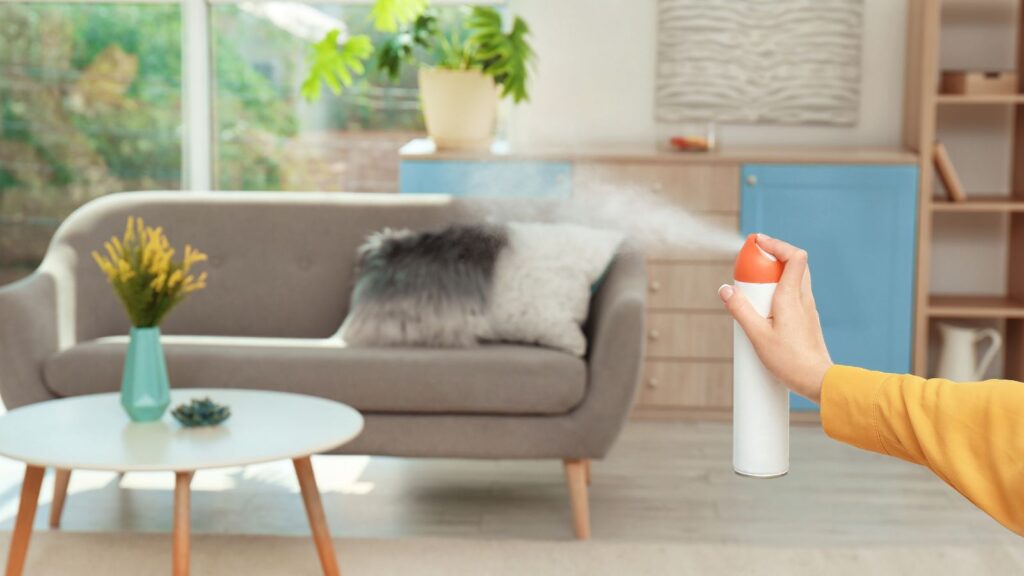
If you believe air fresheners make your air quality better, then it’s time to rethink. You should understand that air fresheners don’t eliminate odors but only mask them by releasing potentially harmful chemicals into the air. What’s better is to find and get rid of the source of an odor and opt for plants and scented oils.
Non-Stick Cookware
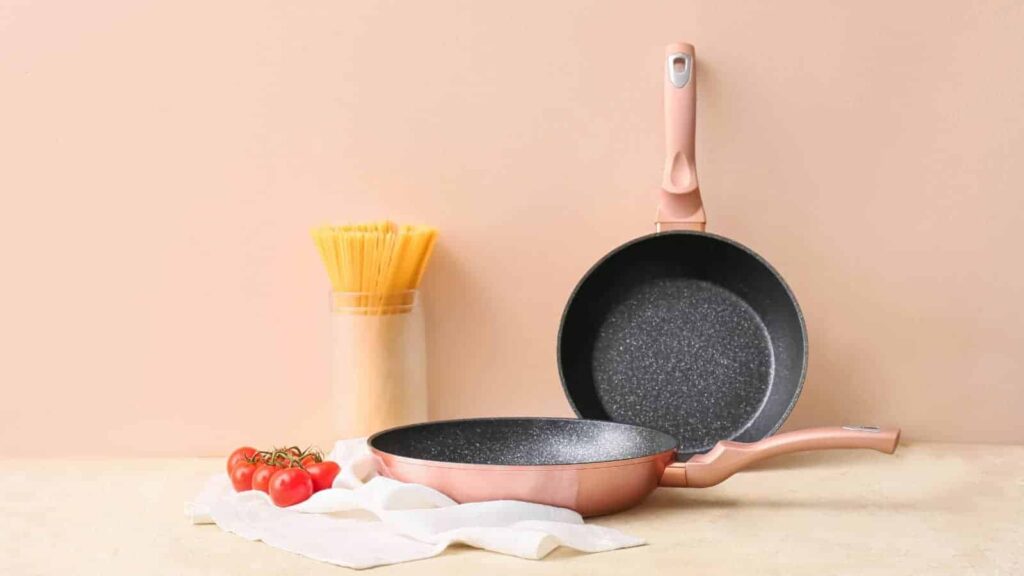
Spending over $200 on non-stick pans is unnecessary because you can keep your pots in pristine condition with proper cookware maintenance. But that’s not all. Stainless steel is built for endurance, while non-stick cookware could lose some of its non-stick properties in heat over 500 degrees Fahrenheit—easily attainable in an oven.
Egg Cookers
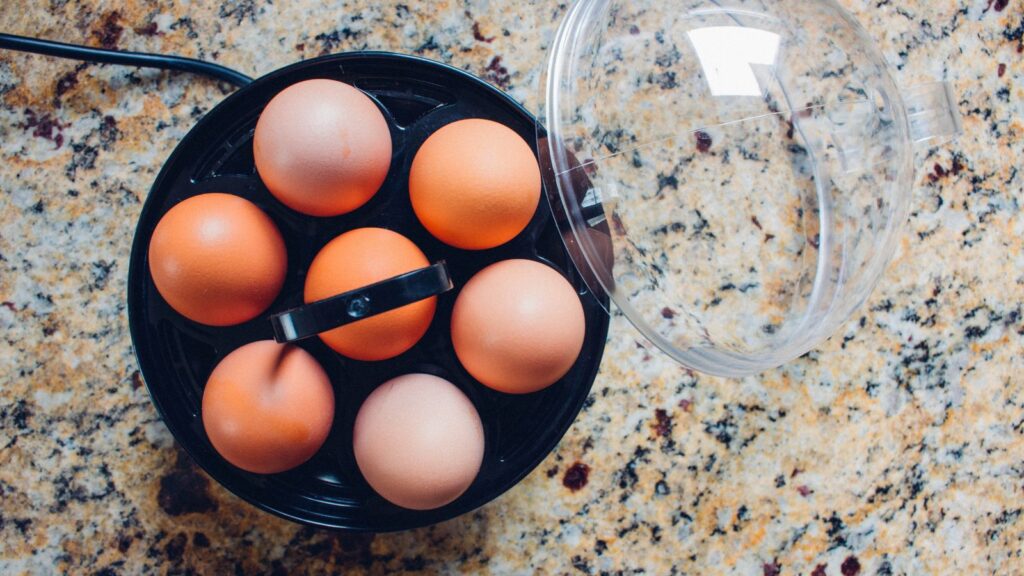
Why spend extra money on a specialized cooker when you can just put your eggs in a pot? Alongside the unnecessary money you spend on egg cookers, these appliance take up space in your kitchen, which could be annoying when you hardly boil eggs at home.
Plastic Straws
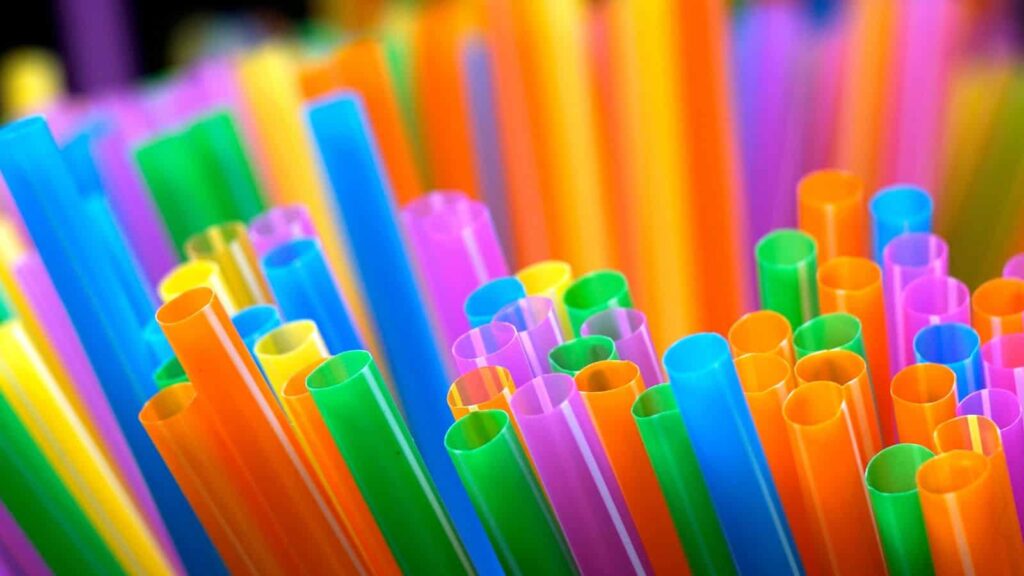
Your plastic straws are in the same class as paper towels. They’re disposed of immediately, costing you more in the long term, and they also contain bacteria, making them non-recyclable and bad for the environment too. Opting for bamboo or metal straws serves you better financially.
Branded Surface Cleaners
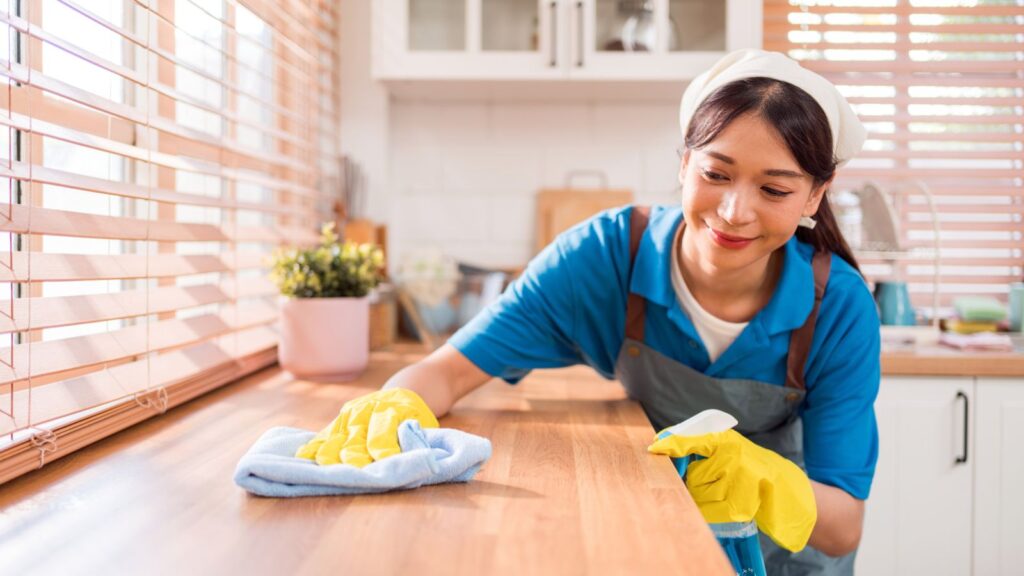
With surface cleaners, it’s simple—make your own cleaners at home to save yourself from spending tens of dollars per month. The best part here is that surface cleaners aren’t particularly hard to make. All you need is vinegar, baking soda, hot water, and a spray bottle. You can even mix some rubbing alcohol with water and a little dish soap.
Disposable Mops
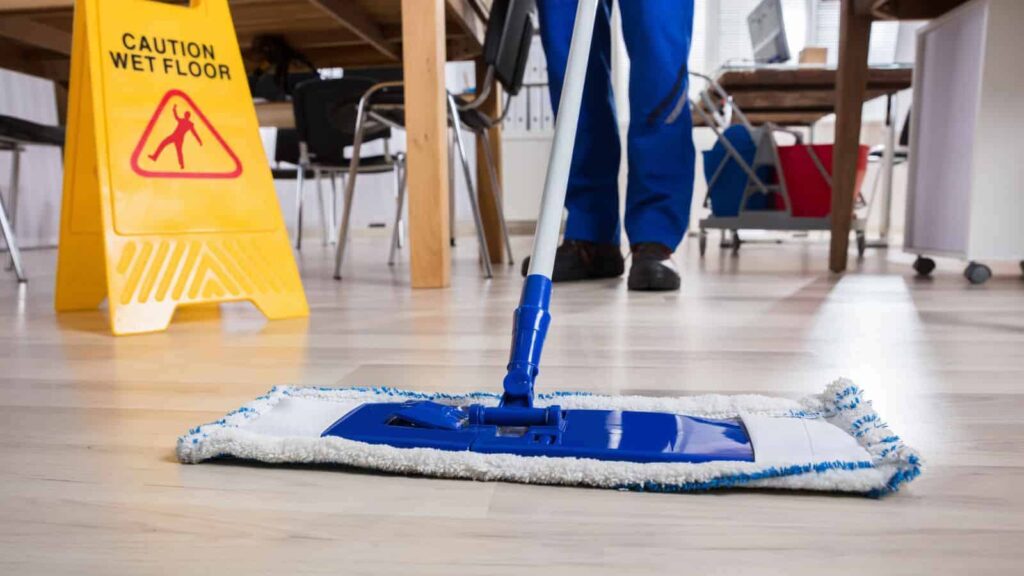
Disposable, single-use mops are advertised to offer improved cleaning and consistent quality across surfaces. But to get this, you sacrifice more money in the long term. If cleaner surfaces are all you care about, buying mops with exchangeable microfibers offers you the best of both worlds.
Chemical Drain Cleaners
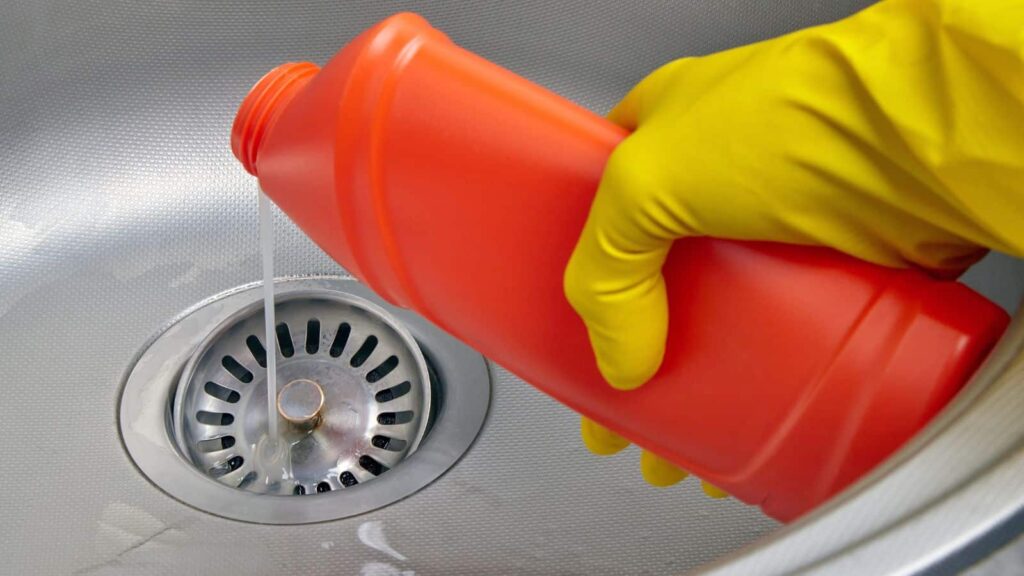
With drain cleaners, you have products that contain chemicals so powerful that they pose a hazard to your eyes, skin, and, when fumes are inhaled, your lungs. What’s more, chemical drainers are also known to damage your pipes, making homemade mixtures of hot water and dish soap more viable options.
Up Next: 18 Reasons Why Men Get Grumpier As They Age

You might read this and be able to relate, or you may feel you’ve become grumpier the older you’ve gotten. Or maybe you know of a male friend or relative who has. Here are 18 reasons why men get grumpier as they age.
18 Reasons Why Men Get Grumpier As They Age
17 Products Millennials Refuse to Buy and It’s Affecting the Economy

Millennials have been the center of so much media attention due to their spending habits. Their unique ways of spending have built up and crushed many traditional industries. In this article, we look at 17 things millennials stopped buying and how that has impacted society.
17 Products Millennials Refuse to Buy and It’s Affecting the Economy
Where Even Truck Drivers Won’t Stop

Truck drivers tend to be hardy souls—well-seasoned travelers who aren’t often afraid to rest up or refuel in risky locations. However, there are certain U.S. locations that even the most road-weary trucker refuses to stop at for fear of criminal activity or natural dangers. Here are 17 such locations that even experienced truck drivers approach with trepidation (or not at all).

